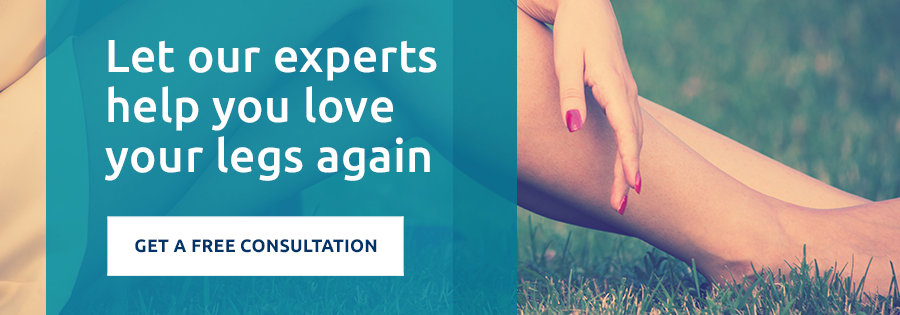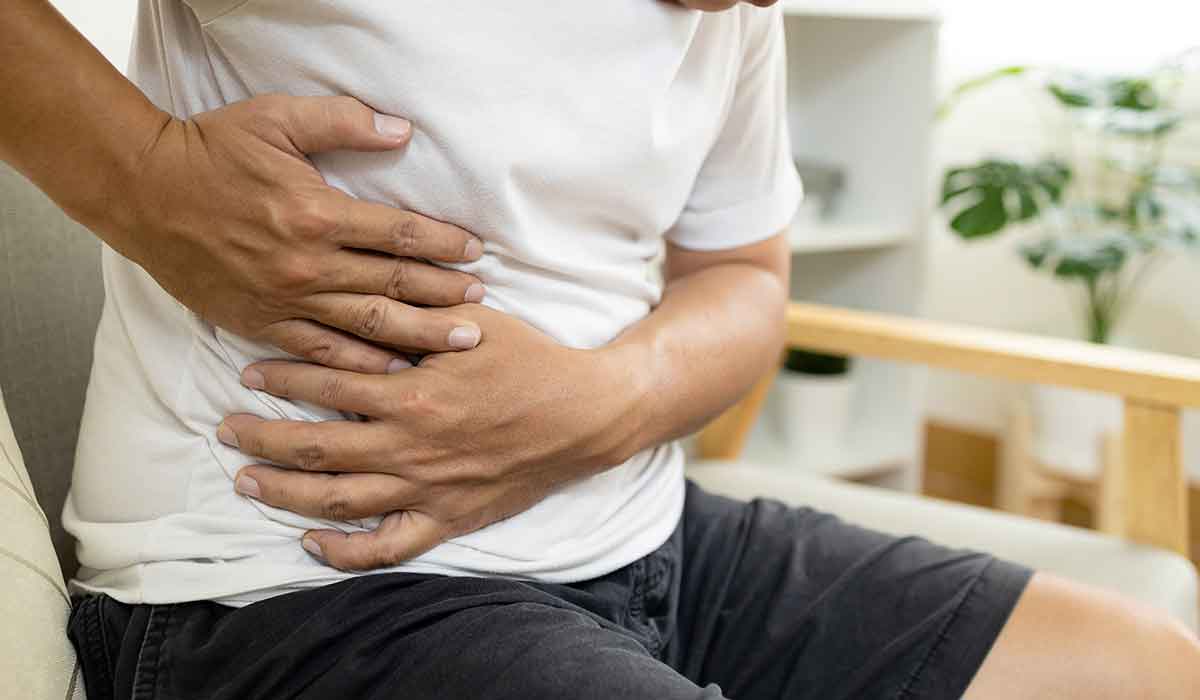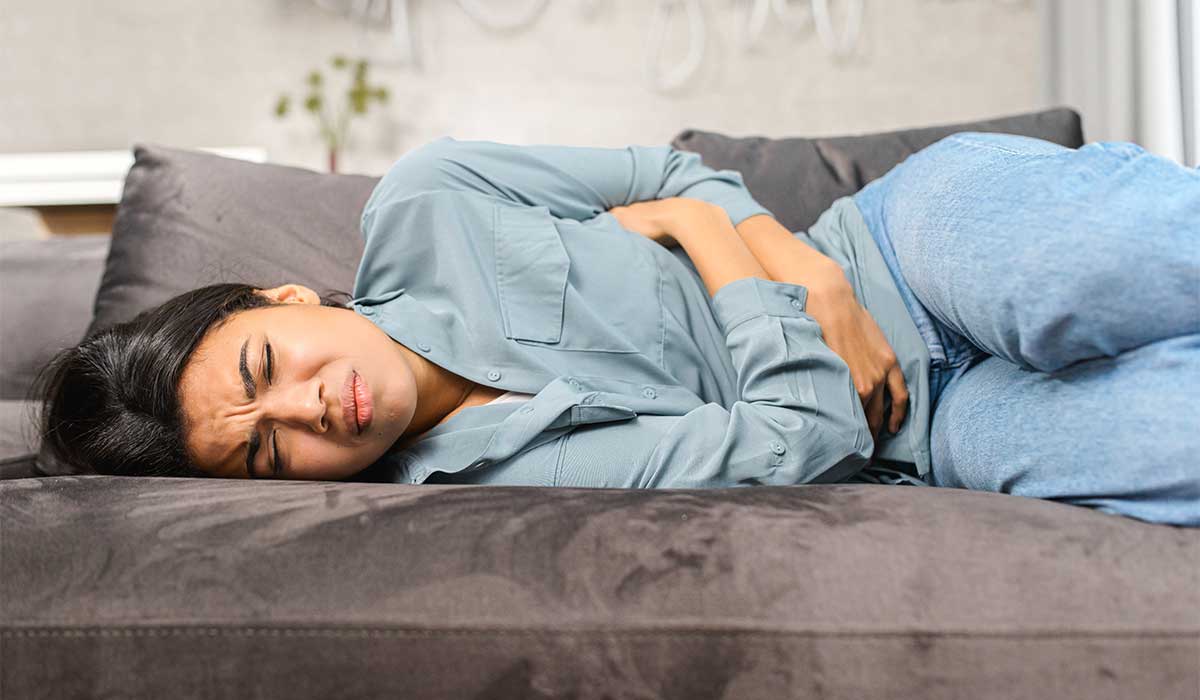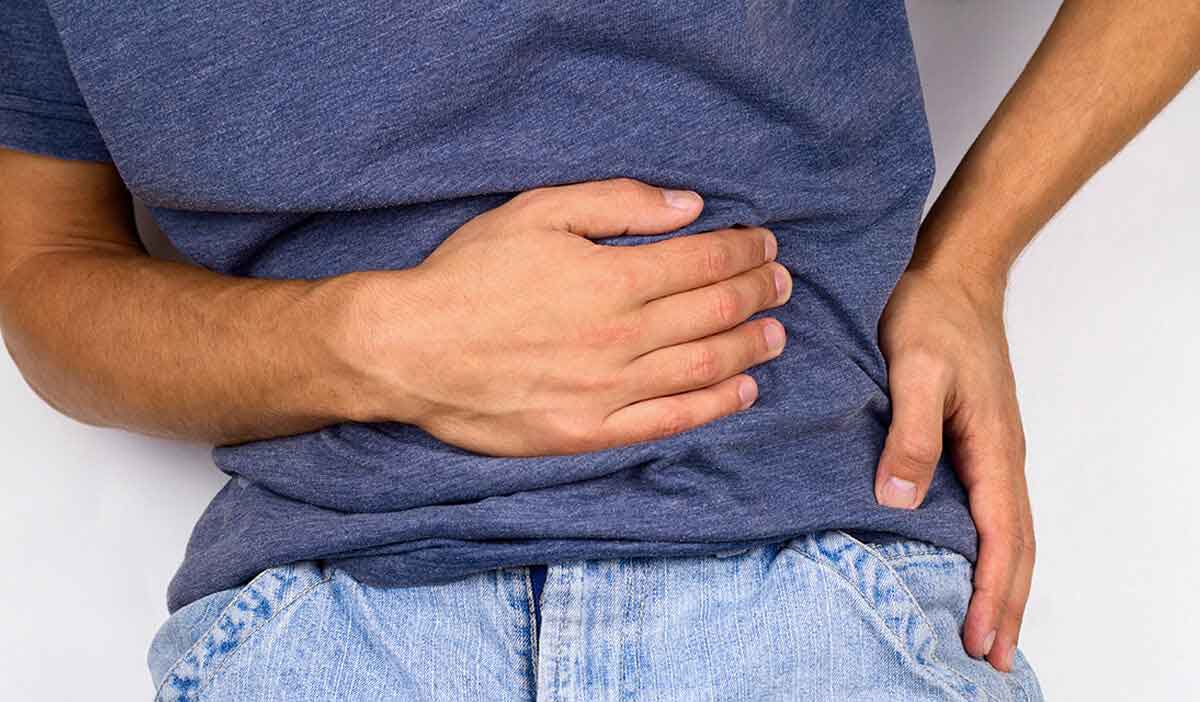Varicose veins are a fairly common condition for many people, especially as they age. Just how serious are varicose veins? What are the treatment options? Logansport Memorial Hospital has answers for your varicose vein questions.
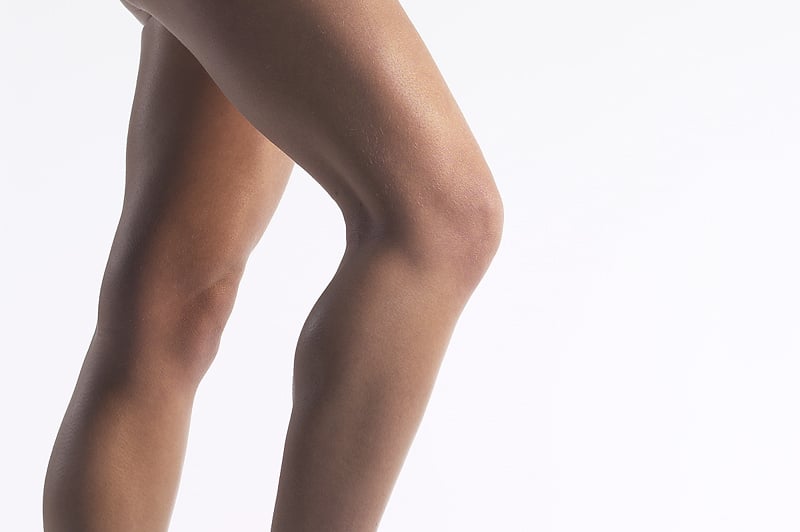
What are varicose veins?
Varicose veins are enlarged and swollen veins. They can occur anywhere in the body, but are seen most often in the surface veins in the legs. Varicose veins are most common in women but can happen to anyone. They develop when the one-way valves that channel blood back to the heart are damaged, causing blood to pool in the veins which enlarges them.
Factors that increase your chance of getting varicose veins include:
- Heredity
- Hormonal changes, as with puberty, pregnancy, or menopause
- Pressure on the veins of the pelvis,a s with pregnancy
- Obesity
- Job that requires you to sit or stand for long periods of time without much movement
- Smoking
When is it time to seek treatment for varicose veins?
Typically your first cue that you have varicose veins is when they become enlarged enough to be visible through the skin - they appear twisted and swollen and are most often seen in the legs. However, if you have an achy, tired, heavy feeling in your legs that just won’t go away - especially after standing for long periods - you should consult a doctor.
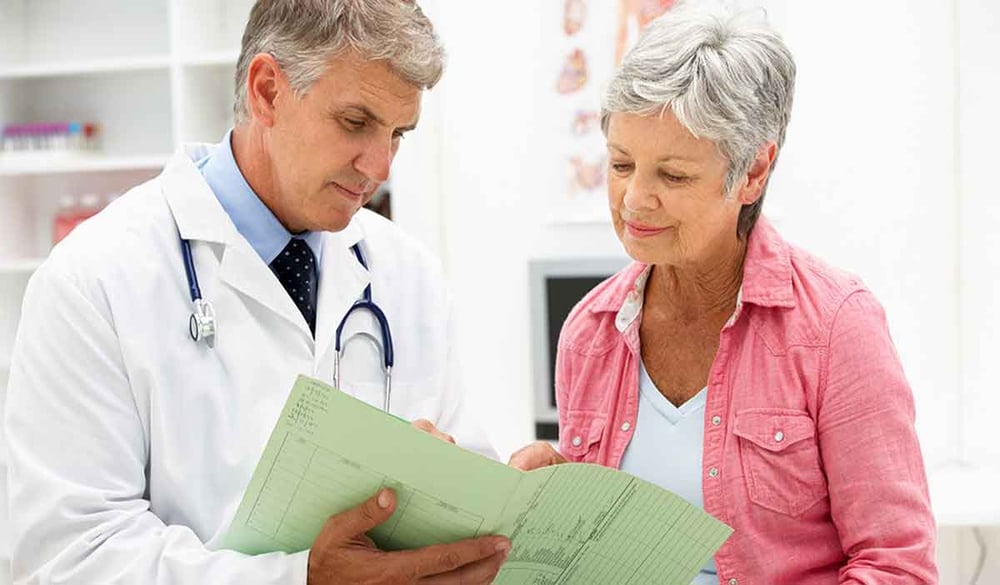
Other symptoms of varicose veins:
- Leg cramps
- Burning or throbbing pain in the legs
- Itching
- Swollen legs
If the the appearance of the veins is causing distress or related symptoms are interfering with your daily activities, it’s time to call the doctor. Don’t hesitate to get help. Your doctor can discuss lifestyle changes as well as medical interventions that can reduce the effects of varicose veins.
What are my treatment options for varicose veins?
The first approach to treatment is likely to be focused on relieving symptoms. Lifestyle changes can make a big difference in the side effects of varicose veins. Suggested changes may include:
- Avoid standing for long periods of time.
- Rest with your legs elevated.
- Flex legs occasionally when standing or sitting for long periods.
- Wear compression stockings. Wearing these may help improve circulation in the leg veins.
If your varicose veins are serious enough to warrant medical intervention, your doctor has a number of options you might try for treatment, including:
- Laser or light source therapy—laser or light source energy used to seal, collapse, and dissolve varicose veins
- Sclerotherapy—injects the varicose veins with a chemical to shrink the veins
- Radiofrequency ablation—collapses and seals varicose veins using radiofrequency energy
- Surgery—banding and removing varicose veins—only for severe cases
- Adhesive sealing—sealing the affected veins that are close to the skin using an adhesive agent
The Vein Program at Logansport Memorial Hospital
The Vein Program at Logansport Memorial Hospital is a new service offered by Logansport Memorial General Surgery designed to restore your legs to not only feel better, but look better too. Call the LMPN General Surgery office at (574) 722-3636 to schedule your consultation today.

